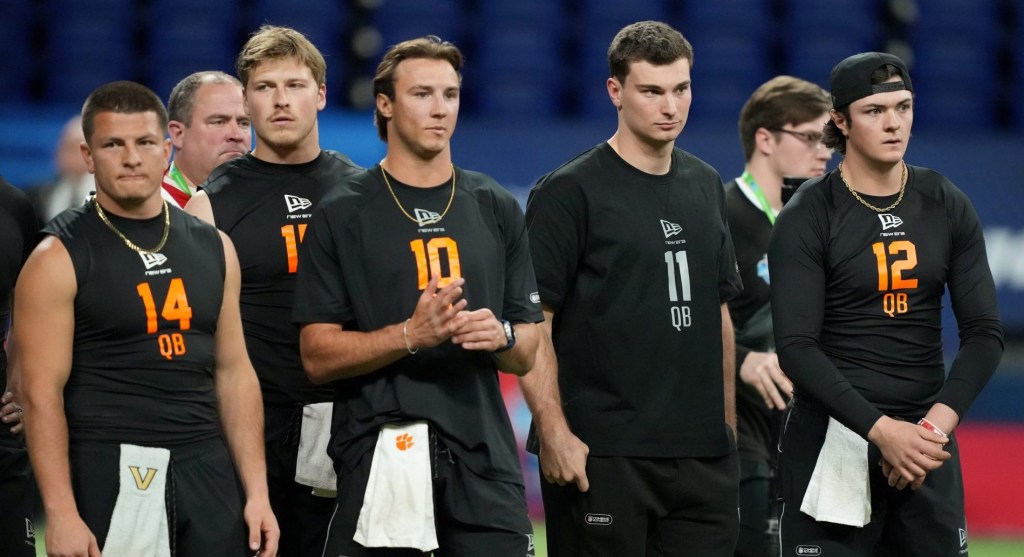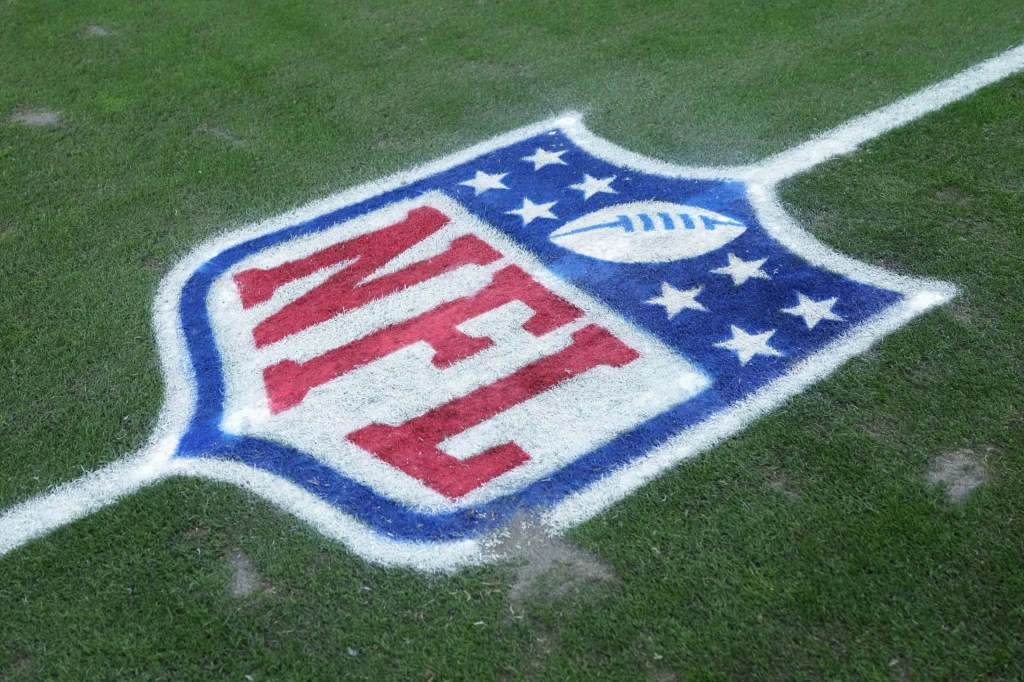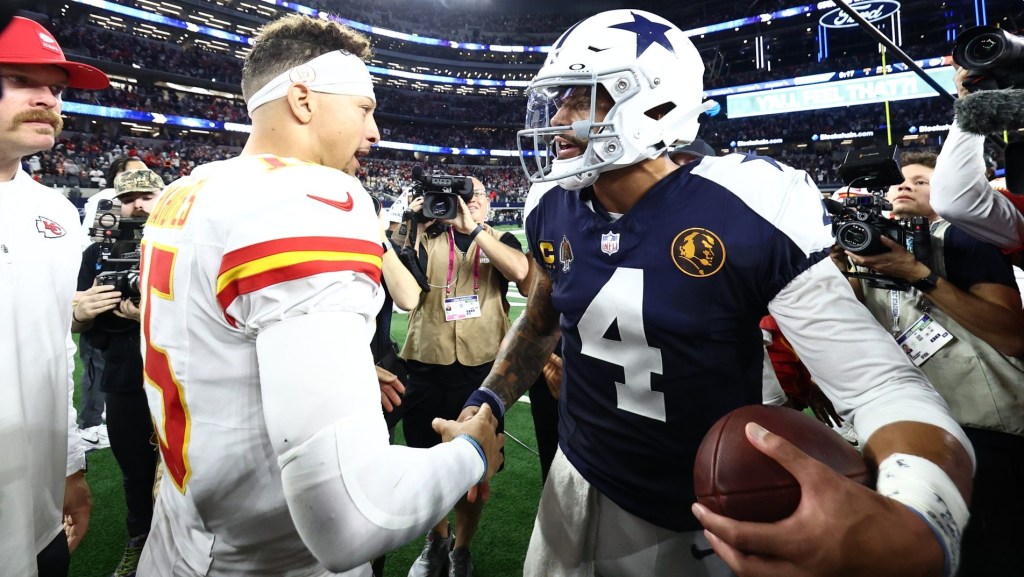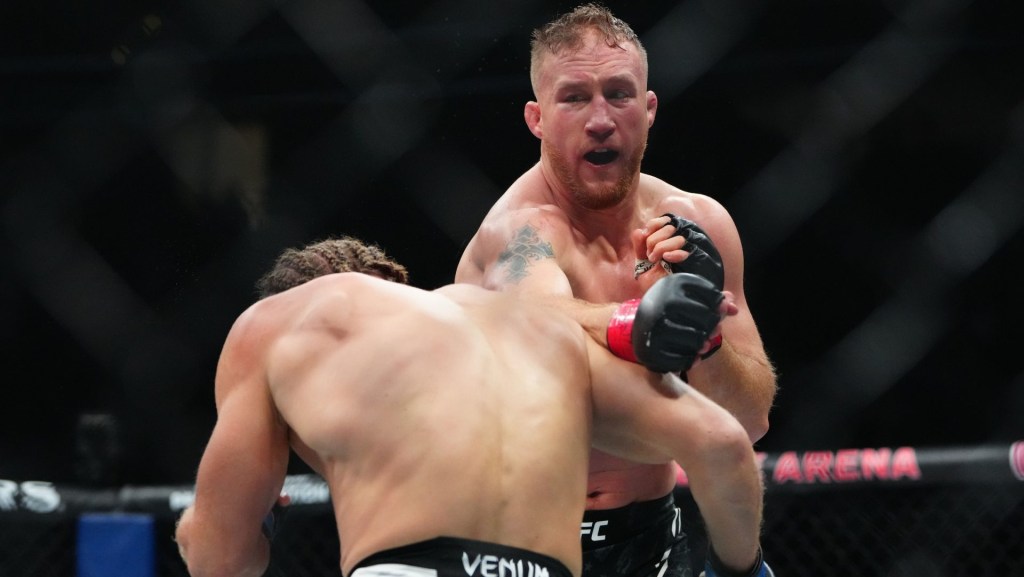PHOENIX — Since the WNBA Finals started last week—the first best-of-seven series in league history—one plotline has dominated. And it’s not the battle between A’ja Wilson and Alyssa Thomas, which the four-time MVP Wilson controlled as her Aces won a third title in four years.
Instead, the Finals feel like mere background noise to the fight over the league’s future. WNBA owners and players are negotiating a new collective bargaining agreement and remain far apart on financial terms.
According to multiple sources with direct knowledge of negotiations, the WNBA’s latest proposal does not include a supermax salary at or exceeding $1 million in the first year of the deal. The league’s proposal, according to those sources, includes a supermax salary closer to $850,000 and a veteran minimum hovering around $300,000 in the first year of the proposal.
The league’s current supermax is $249,244, while the veteran minimum is $78,831. The salary cap in 2025 was $1,507,100 per team, and was scheduled to slightly increase in 2026 if the players had not opted out of the CBA.
The league has denied proposing a fixed salary model not tied to WNBA revenue. But the latest model offered by the league is similar to the current CBA, in which revenue-sharing is triggered only if league revenue exceeds certain targets, sources say.
While those are major increases, as commissioner Cathy Engelbert has promised, an enormous amount of money has flooded the league in the past four years. Mark Davis bought the Aces for $2 million in 2021; now the Sun, who play in rural Connecticut, have multiple $300 million offers to buy the team. And the league’s annual media-rights income will more than triple starting next year, from about $60 million annually to more than $200 million, with more possible.
“We strongly agree with the players that they deserve to be paid more money and participate in the success and growth of the league,” a WNBA spokesperson told Front Office Sports in a statement.
“They are the face of the WNBA and their athleticism, skill, and charisma are what will continue to drive the league’s growth. That’s why we have made what we believe is a very compelling proposal on the essential terms of a new CBA that significantly increases the amount that WNBA players across the board would be paid – both in terms of guaranteed salaries and revenue sharing. We remain committed to negotiating in good faith and are confident that we will reach a new agreement that fairly compensates the current players and supports the long-term viability of the league for the generations of players to come.”
The embattled commissioner said during her state-of-the-league address ahead of Game 1 of the WNBA Finals that both sides are working hard to exchange proposals and had “a couple of meetings” scheduled this week. Multiple sources tell Front Office Sports a new CBA is not expected to be reached by that date. The sides could mutually agree to an extension of the current CBA while they continue negotiating, something Engelbert herself all but confirmed during her address, referring to the 60-day extension in 2019 that was necessary to ratify a deal.
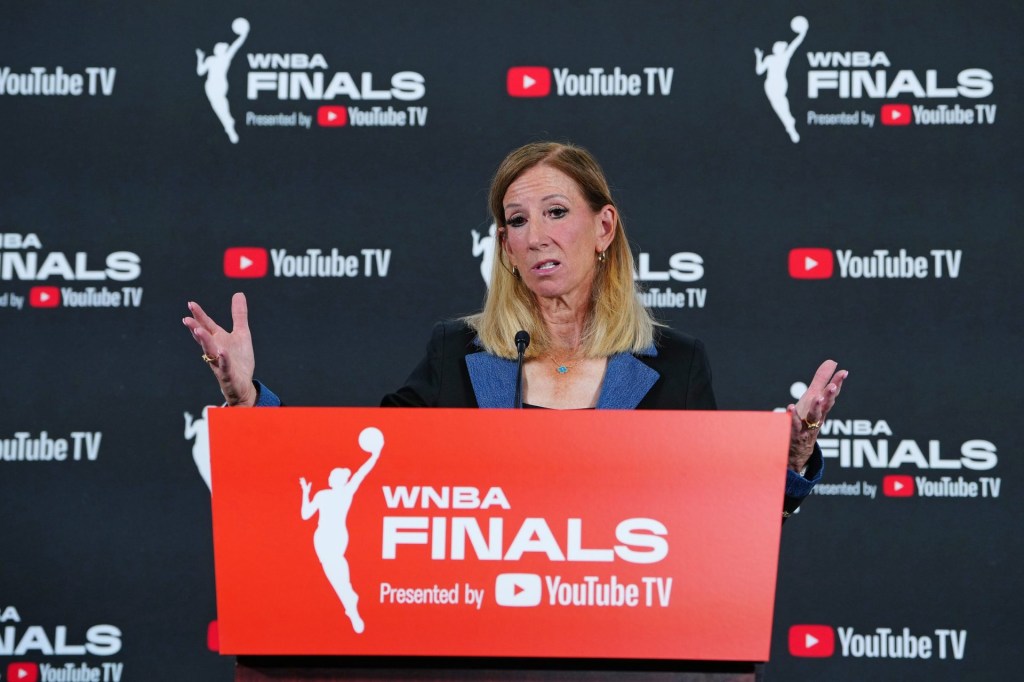
Compounding players’ issues with the financial terms in the league’s proposal is the relationship dynamic with Engelbert, which has driven headlines through what should be the most exciting part of the playoffs.
The long-simmering issues boiled over when Women’s National Basketball Players Association VP Napheesa Collier called out Engelbert directly in a four-minute statement Sept. 30. Her statement included claims that during a meeting in February the commissioner made multiple head-scratching statements, including that Indiana Fever guard Caitlin Clark should be “grateful she makes $16 million off the court” as a result of the platform provided by the WNBA.
Engelbert vehemently denied having ever made comments about Clark while calling her a “transformational player.” Within hours of Engelbert’s denial, Collier canceled a planned meeting with the commissioner.
NBA commissioner Adam Silver has said the situation between Collier and Engelbert has “become too personal.” Phoenix Mercury forward Satou Sabally—who was ruled out for Game 4 of the Finals after being diagnosed with a concussion—responded that it is personal when asked about Silver’s comments at the Finals.
“It is very personal, because the WNBA wants to forbid us to make a lot more money than we’re ever going to make here, what it seems like, in other leagues,” she said. The average player salary for players in the first year of winter 3-on-3 league Unrivaled was $220,000, just below the WNBA’s supermax. “Prioritization” was a rule codified in the 2020 CBA but not implemented until 2023. The rule forced players with more than two years of experience in the WNBA to report to their WNBA teams by May 1 or face fines. If a player didn’t report by the start of the season they would face a full season suspension. In 2024, the rule became more harsh when it required players to report by the start of training camp or face a full season suspension.
Players have advocated against the league’s strict prioritization rules due to the short WNBA season and meager pay. Many players sign overseas contracts to not only improve as players but also to earn a better wage.

Some agents have expressed concern over how prioritization could impact their clients in the new CBA. Many young players have either already signed overseas contracts or are planning to but are unaware of what the prioritization rules may be under a new CBA.
“People have families; this is our job,” Sabally continued. “We make more money in China, Russia, Turkey, than here, so it is very personal.”
The support Collier received from players across the league has served as further evidence of a strained relationship between Engelbert and the league’s players.
Clark backed Collier during her own exit interview. Wilson said she was “disgusted” by Engelbert’s comments and commended Collier. WNBPA president Nneka Ogwumike said, “Phee speaks for me” in a social media post. Even retired players like two-time MVP Elena Delle Donne and three-time WNBA champion Candace Parker called out Engelbert’s poor communication.
Delle Donne said she wasn’t sure whether Engelbert even knew she had retired because she never heard from the commissioner. Parker described the stark differences between her relationship with Silver and Engelbert during a recent episode of her podcast, Post Moves, which she hosts with Fever forward Aliyah Boston. During the episode, she said Silver has sent her congratulatory texts on multiple occasions, including the birth of her youngest son, when she signed a broadcast deal with Amazon, and when she retired. He even sends her a Christmas gift every year.
“I have not heard from Cathy,” Parker said. “I saw Cathy in Phoenix after I had been retired for four months at the Phoenix All-Star Game, and she said congratulations in person. That was the only time.”
A collection of league sources have indicated that Engelbert’s strained relationships extend to team presidents and owners. One source tells FOS that Engelbert is a “brilliant businesswoman,” but her communication style has not been well received.
Engelbert’s future has been a point of discussion throughout WNBA circles over the course of the past year. They reached heightened levels after Collier’s exit interview.
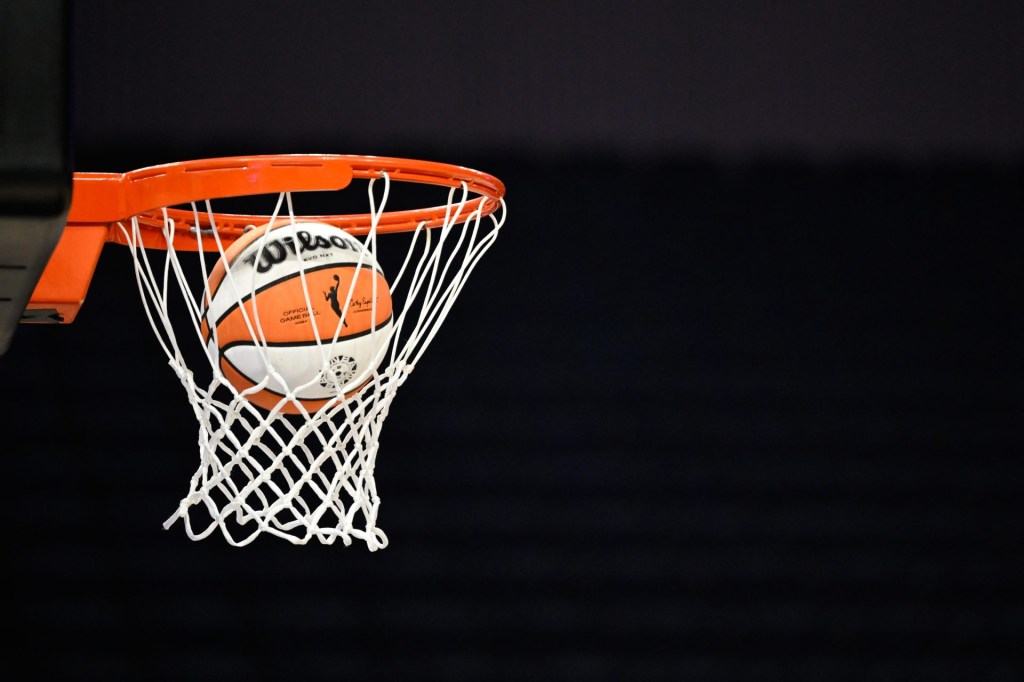
While Engelbert’s business acumen is highly respected—she was Deloitte’s CEO, led the WNBA through the pandemic, and struck a new CBA shortly after becoming commissioner—one of her signature deals as the WNBA’s leader has aged extraordinarily poorly.
In 2022, she led a $75 million capital raise, selling a 16% stake in the WNBA in what the league said was an effort to fund the league’s marketing and infrastructure. It quickly became clear that the stake—with an implied valuation of $468 million—dramatically undervalued the league, and questions remain about how the $75 million was invested. Unrivaled, a start-up league whose ratings and attendance are a sliver of the WNBA’s, recently closed a round of funding at a $340 million valuation. Just a single WNBA franchise, the New York Liberty, recently sold stakes at a $450 million valuation. By any estimation, the league, which has recently sold several expansion slots for $250 million each, is worth billions of dollars—not less than half a billion.
League sources tell FOS the capital raise was a “costly mistake” for Engelbert.
It also muddied the league’s ownership picture, which has been an issue in CBA negotiations. The WNBA’s stakeholders are divided into three groups. The NBA’s 30 owners control 42% of the league, the WNBA owners control another 42%, and the remaining 16% is owned by the investors from the capital raise. Owners like Ted Leonsis, Joe Tsai, and Herb Simon—all of whom own NBA teams, WNBA teams, and were part of the capital raise—now have three different stakes in the WNBA.
The league has faced an emboldened group of players during this round of negotiations, which many are crediting to the added eyes on the WNBA. Aces guard Chelsea Gray, who is in her 12th season in the WNBA, tells FOS more people are familiar with the players’ CBA fight than ever before.
Players feel they have leverage in a way they never had in past negotiations. Mercury guard Alyssa Thomas explains that in previous years players were constantly told how much money the league was losing. But the recent influx of capital, combined with the investment from other leagues—including Unrivaled as well as new and old ones overseas—into the women’s game paints a picture of what’s possible in the WNBA.
“If other leagues can do it,” Thomas tells FOS, “there’s no reason why the best league in the world shouldn’t be doing it for us.”
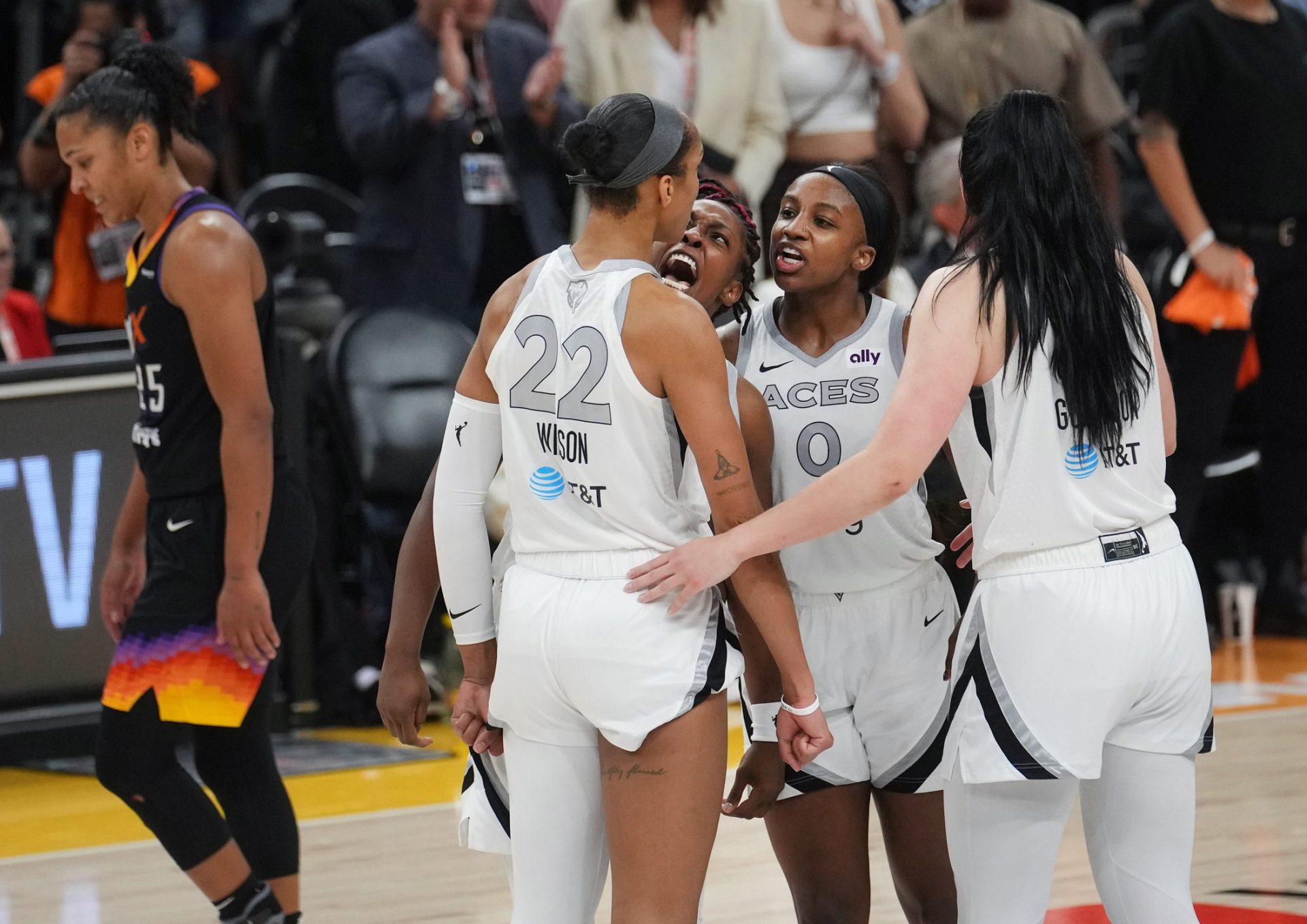

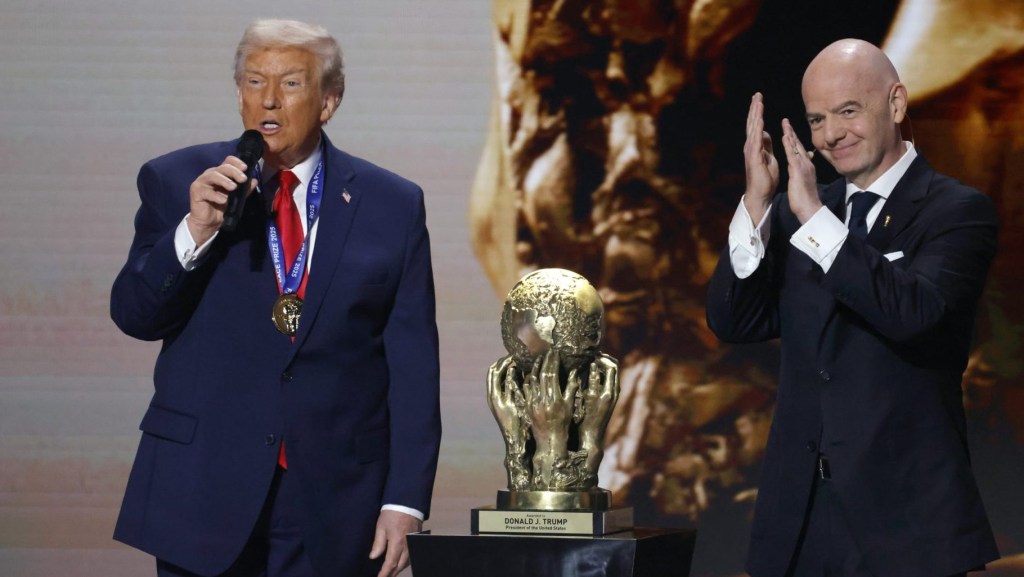


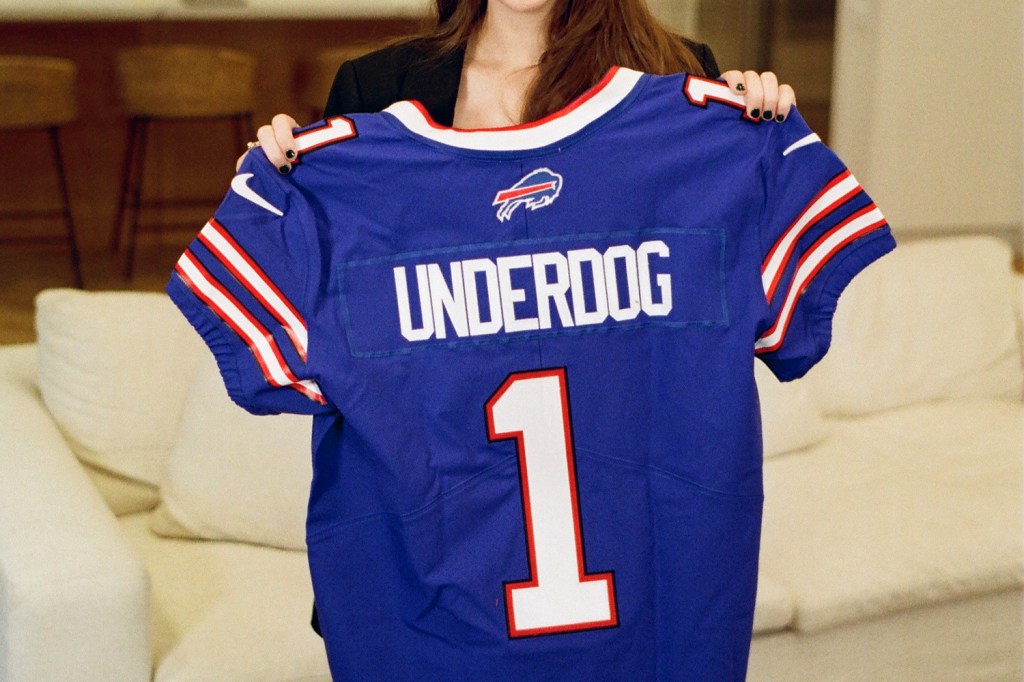

![[Subscription Customers Only] Jun 15, 2025; Seattle, Washington, USA; Botafogo owner John Textor inside the stadium before the match during a group stage match of the 2025 FIFA Club World Cup at Lumen Field.](https://frontofficesports.com/wp-content/uploads/2026/02/USATSI_26465842_168416386_lowres-scaled.jpg?quality=100&w=1024)
![[Subscription Customers Only] Jul 13, 2025; East Rutherford, New Jersey, USA; Chelsea FC midfielder Cole Palmer (10) celebrates winning the final of the 2025 FIFA Club World Cup at MetLife Stadium](https://frontofficesports.com/wp-content/uploads/2026/02/USATSI_26636703-scaled-e1770932227605.jpg?quality=100&w=1024)

![[US, Mexico & Canada customers only] Sep 28, 2025; Bethpage, New York, USA; Team USA's Bryson DeChambeau reacts after hitting his approach on the 15th hole during the singles on the final day of competition for the Ryder Cup at Bethpage Black.](https://frontofficesports.com/wp-content/uploads/2026/03/USATSI_27197957_168416386_lowres-scaled.jpg?quality=100&w=1024)
